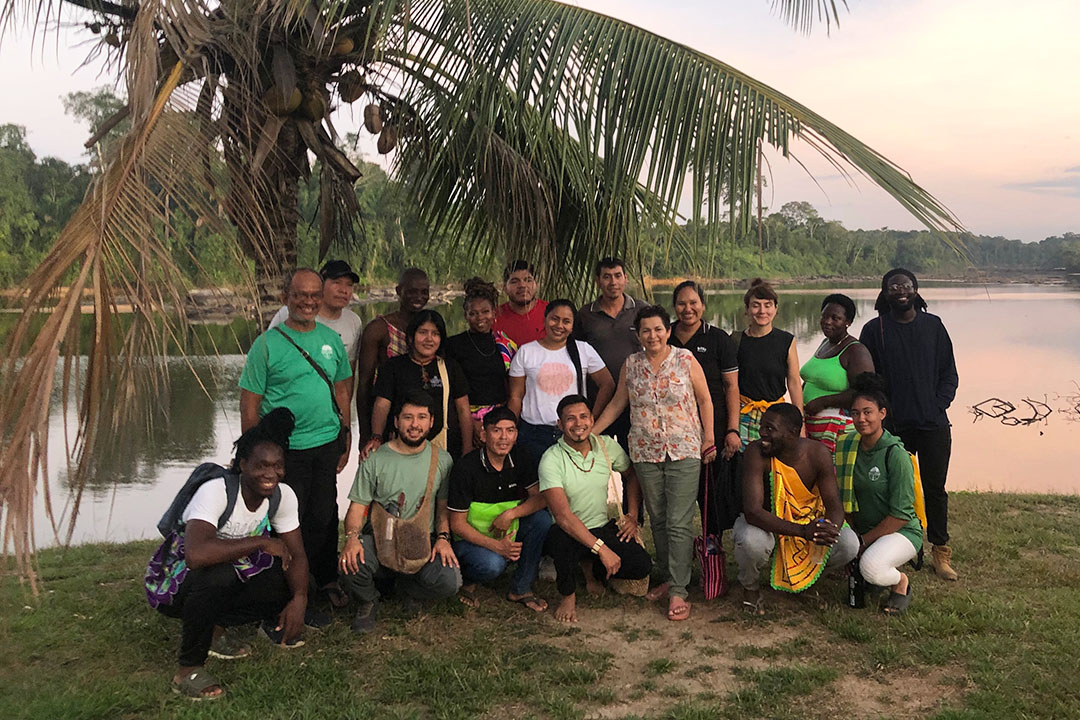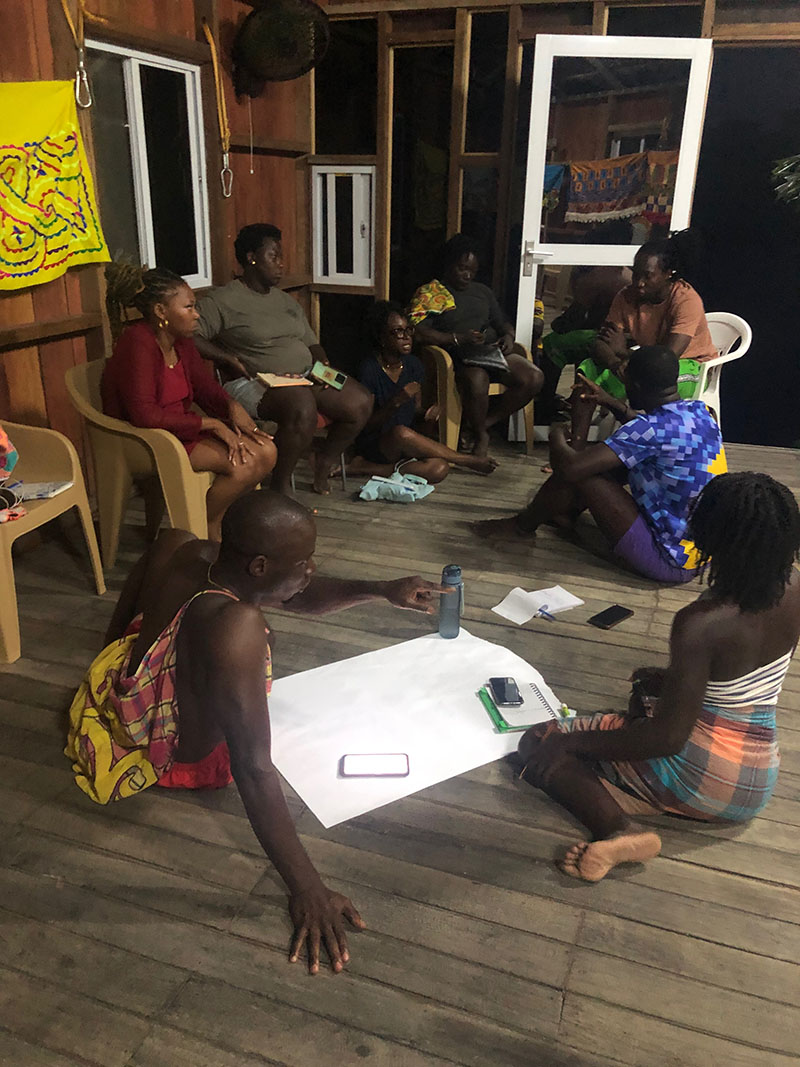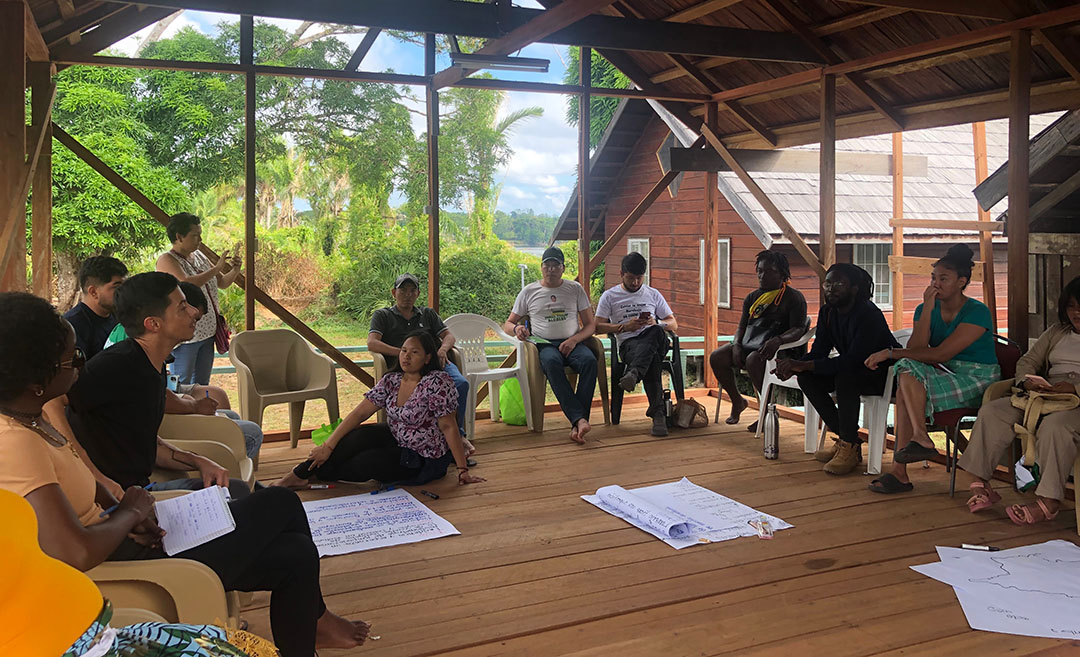
USask researcher works with Amazonian youth to protect tropical forests
An ongoing project at the University of Saskatchewan (USask) is looking to create sustainable change by partnering with local youth.
By SENS CommunicationsDr. Jim Robson (PhD) in USask’s School of Environment and Sustainability, is collaborating with Tropenbos International and the Instituto Boliviano de Investigación Forestal (IBIF) (Bolivian Forest Research Institute) through the Youth it or Lose it program.
“The program empowers young leaders from the Amazon region to lead the way in shaping their own futures,” said Robson, adding that youth leaders from Bolivia, Suriname, and Colombia gathered in mid-October in Suriname. “They exchanged ideas and worked on youth-led projects and initiatives that, in their own words, can deliver ‘solutions aimed at creating opportunities for us, that come from us.’”
Back in 2023, when the group first came together, Robson explained, they outlined three strategic priorities: know to defend; inclusion and capacity to influence; and vivir bonito (seek well-being).

“The groups are now connected and are a source of support and inspiration for one another,” he said. “The youth call their collective efforts Tejiendo Katumare or ‘weaving basket’ in Murui, a language of the Colombian Amazon, symbolizing the strength of their shared goals.”
Behind the scenes, Tropenbos International, IBIF, the Pontificia Universidad Javeriana (Bogota, Colombia), and USask’s UNESCO Chair in Biocultural Diversity, Sustainability, Reconciliation and Renewal, are providing resources to strengthen youth capacities and support their self-guided agendas.
“This initiative underscores the critical role that young people are playing, and will play, in ensuring a sustainable and just future for tropical forests and the people for whom it is home,” said Robson.
Robson said as a result of the most recent gathering, two significant projects were developed:
1. Development of a youth-led action plan based on the group’s three strategic priorities. Each country group is preparing short-term initiatives, with the Bolivian team focusing on creating a video showcasing youth-led environmental monitoring efforts – supported by the UNESCO Chair that Robson shares with Dr. Maureen Reed (PhD), professor in SENS.
2. Messaging that is being shared with delegates at the Conference of Parties (COP) – 16 of the United Nations Convention on Biological Diversity (CBD), taking place in Cali, Colombia, to highlight the critical role that traditional knowledge plays in tropical forest conservation and where youth fit in.
“By supporting these initiatives, the Youth it or Lose It program is not only empowering young leaders but also supporting a future where youth, culture, and biodiversity thrive together,” said Robson.

Article re-posted on .
View original article.

